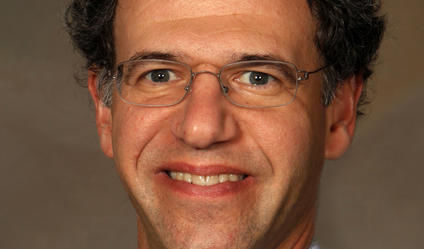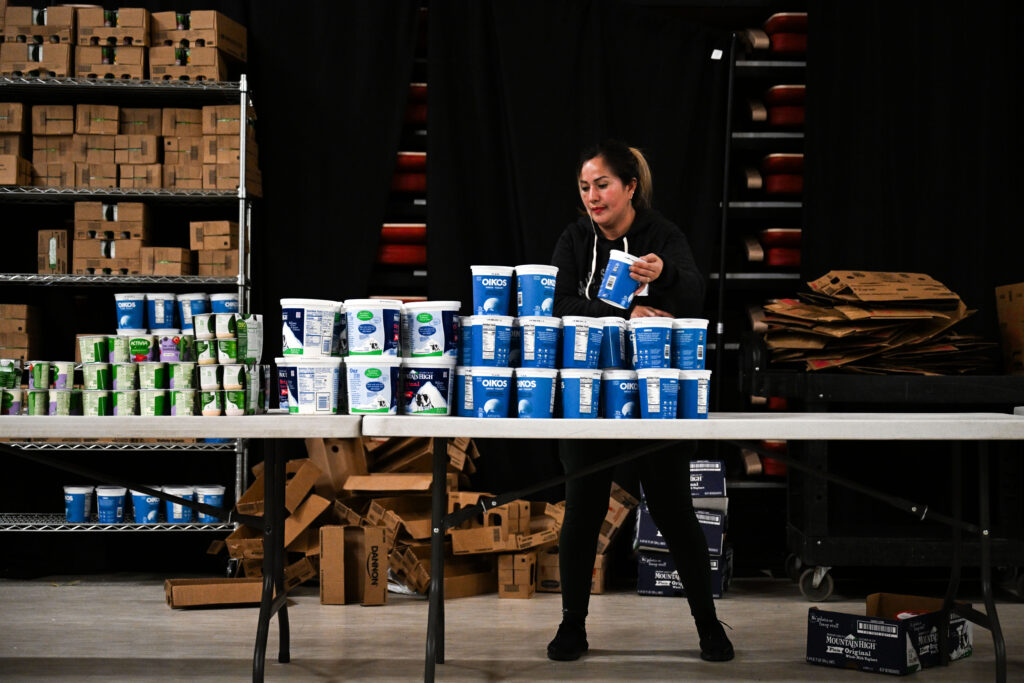Strode: ZIP Code matters as much as genetic code

Where you live, what you do for a living, and how much you make could determine your long-term health outlook. This concept, commonly termed “social determinants,” is gaining equal importance with healthy behaviors as a predictor of an individual’s future health outcomes. Alan Weil, editor in chief of Health Affairs, the nation’s leading journal on health policy and systems change, discussed the connection between community and good health in an interview with Catherine Strode.
Catherine Strode: What do you consider the new wave of “social determinants” in health care?
Alan Weil: Historically, the focus on the effect of social context on health was on personal behaviors: smoking, activity, healthy eating. Now we are seeing that those behaviors are closely tied to broader social phenomena: good jobs, literacy, available foods, and safe places to walk. The shift is placing personal behaviors in the context of where people live and the circumstances in which people live. We have moved from an individual-determinants framework to a community-determinants framework. We’ve gone from talking about what the person’s experience is and have started talking much more about how that experience is shaped by, and relates to, what’s going on in the overall community they live in. It’s not just individual characteristics it’s also community characteristics.
CS: How does “community” affect a person’s health?
AW: Different elements of the community affect health in different ways. We know that educational attainment is highly correlated with health. In that instance, it probably matters most what your local community is at the school level. Environmental issues affect people’s health. The work of The Robert Wood Johnson Foundation has been pretty emphatic about the concept that your ZIP Code matters more than your genetic code. We do know that life expectancy can differ tremendously just across town. It’s important we not think community is the whole city because clearly there are huge differences in health within cities. At the same time, things like economic development often have a regional component. If we’re connecting health to economic well being, which we do, you have to consider commuting patterns, you have to consider the economic health of the entire region and people’s ability to get jobs. Certainly, when cities face economic downturns, we see negative effects on people’s health.
CS: What is the change you’re seeing within the health care system itself in recognizing the importance of community on health?
AW: I would say there’s been an expansion from the focus on clinical care to a broader discussion of people’s living circumstances. We understand now that the actual health care services a person receives are very important at the time that they get them, but, perhaps, not the dominant factor in their overall state of health. That’s a real shift in thinking.
CS: What is the change you are seeing in health care providers?
AW: Hospitals and doctors are paying much more attention to how people’s health is affected by where they live and how they live. Increasingly, we’re understanding that things like a good job, stable housing, are more important for what people think of as the source of their health than those interactions with the health care system. People in the health care system are now seeing this and rethinking their own work to make sure they’re factoring in how their clinical interactions fit in the community. This is leading hospitals to start things like home visits, working with Meals on Wheels, talking to patients in more detail on how to care for themselves and what to do if something isn’t going well. Those are all interactions with people and systems in the community that were not an emphasis before. A physician’s practice now is much more likely to keep registries so they know which of their patients are diabetic. Then they proactively reach out to them to make sure they’re controlling their diabetes, as opposed to what they were more likely to do in the past, which was wait until the person came into their office or showed up at the hospital because they had had an acute episode. This means the health care system can engage people in a more holistic way around the things that will improve health, as opposed to just interacting when they’re sick.
Catherine Strode, MPA, is Advocacy Denver’s policy and outreach specialist.














